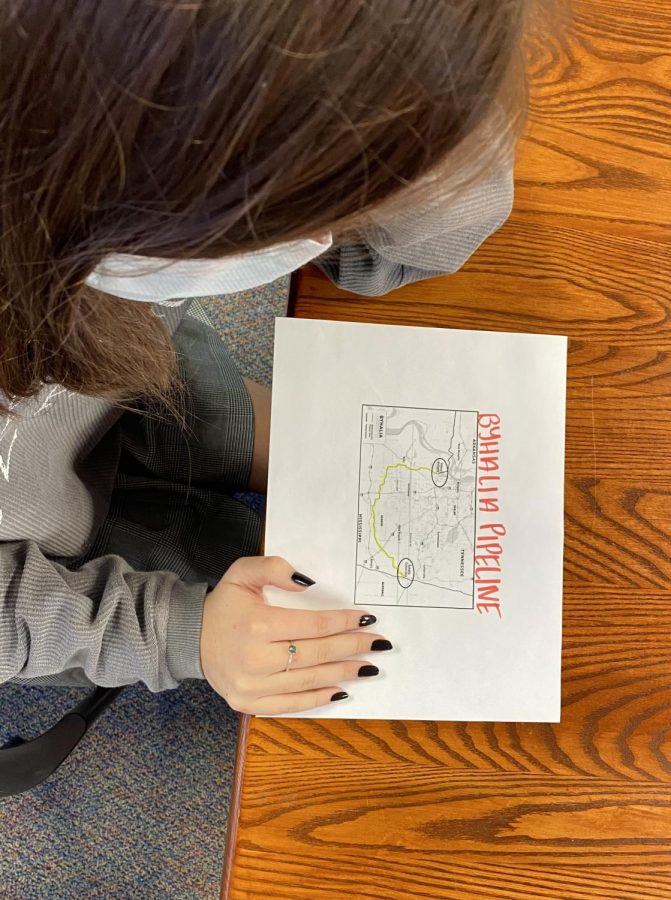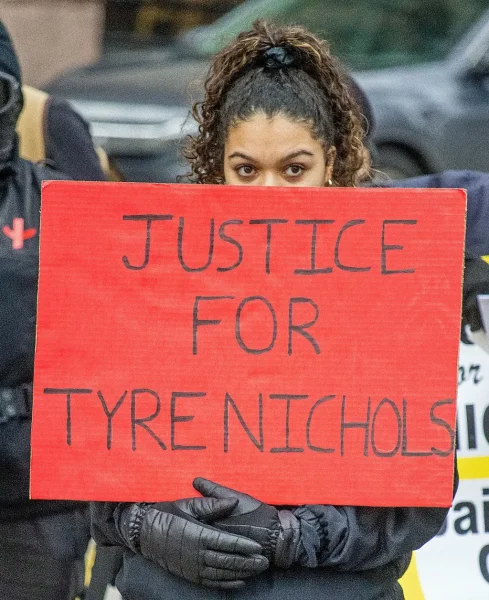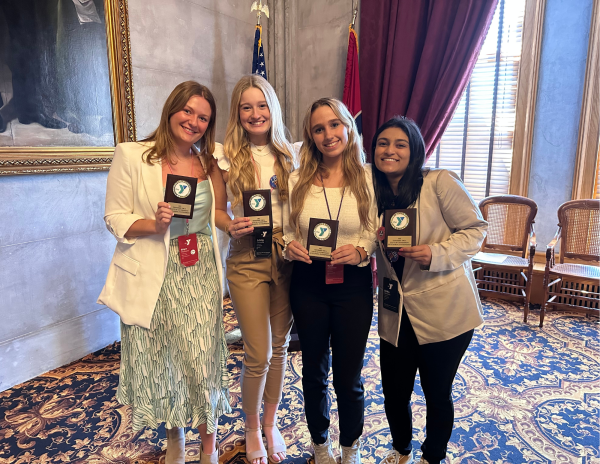Bye Byhalia Pipeline
Estelle Turner looks at a map of the Byhalia Pipeline.
The Memphis city council voted in opposition to the Byhalia Connection Pipeline, a 45 mile pipeline that would be constructed through South Memphis neighborhoods. The Byhalia Pipeline is an oil pipeline that would connect two already existing pipelines, the Diamond Pipeline and the Capline Pipeline. The two main companies, Plains All American Pipeline, L.P and Valero Energy Corporation want the pipeline to “help strengthen the region’s economic vitality and America’s energy independence,” according to the Byhalia Pipeline LLC. They wanted to start construction during 2021, but Memphians and city councilors worried about the effect it would have on the community as a whole.
A major problem is an oil pipeline’s effect on drinking water. Memphis gets its water from the Memphis Sand Aquifer, which is thought to be protected by a layer of clay. However, the oil from the pipeline could seep through holes or leaks in the clay and enter our drinking water. The Southern Environmental Law Center said, “the Pipeline and Hazardous Materials Safety Administration has recorded over 4,000 oil and fuel spills since 2010.” There is a protocol that requires pipeline companies to examine the pipelines, but spills can occur from reasons other than leaks.
“Spills can occur for a number of reasons, including faulty construction, defective materials, poor maintenance, and seismic activity,” reports the Southern Environmental Law Center. The Byhalia Pipeline could cause trouble due to being routed through an active seismic zone.
In addition to being a threat to the Aquifer, the pipeline would run through mostly black communities, such as Boxtown and Westwood. The residents would face environmental risks and environmental racism. Councilwoman Rhonda Logan spoke out saying, “I want us to look at this as Memphis. Not just black communities, or latino communities or white communities. This is Memphis, and we all have to stand up and fight for what is right.” Several other city councilors have commented on the pipeline being detrimental to the long term effects on the community. “I don’t believe this catastrophic risk to our drinking water is worth the minimal benefit,” said City councilor Worth Morgan.
The Memphis Community Against the Pipeline has protested for months. The MCAP is a black-led movement to stop the companies from construction on the pipeline. They have organized petitions, letters to city councilors, and social media platforms dedicated to stopping this environmental injustice.
All twelve of the Memphis City Councilors voted in opposition to the Byhalia pipeline. In the released resolution they said that, “The Byhalia pipeline has not secured the necessary permits or authorizations from the City of Memphis.” The companies responded with a letter that said, “Dear Memphis residents, we’ve heard you.” The companies however are still working on a way to safely construct the pipeline. For now, Memphians are clinging to the good news of the resolution to the pipeline in hopes of stopping the project completely.











